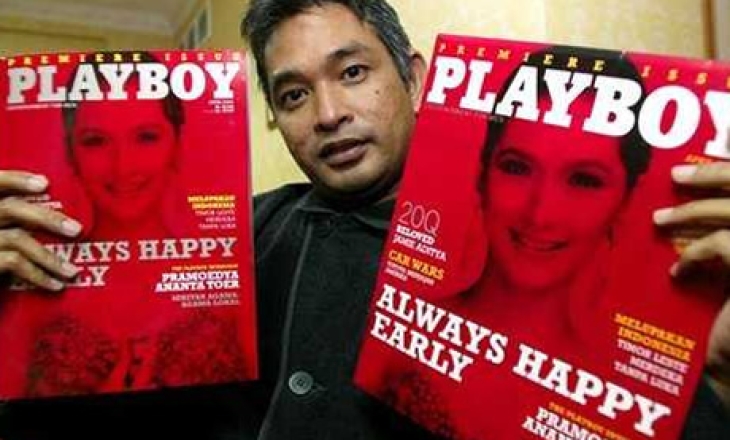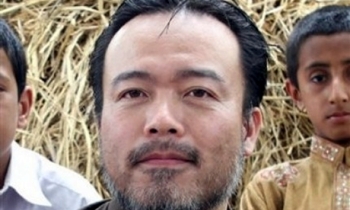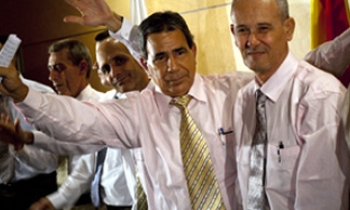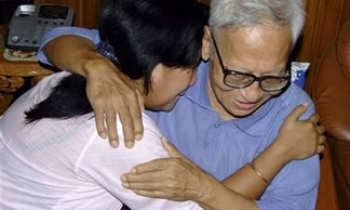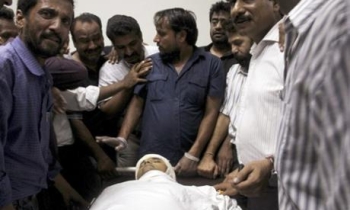The Committee to Protect Journalists (CPJ) has expressed concern at an Indonesian Supreme Court ruling against Erwin Arnada, editor of the now-dormant Playboy Indonesia. Arnada faces up to two years in jail after prosecutors said recently that they would enforce a 2009 Supreme Court ruling that found the magazine's editor guilty of public indecency, according to news reports.
Defence attorneys have told local and foreign media that they will file a request with the court in mid-September to have the ruling reviewed and will ask authorities to rescind Arnada's detention order in the meantime. CPJ called on the Supreme Court to reverse its ruling, and urges prosecutors to put off any effort to detain Arnada.
"The ruling in this case is alarming because it criminalises free expression," said Bob Dietz, CPJ's Asia programme coordinator. "It also appears that Erwin Arnada has been singled out by authorities in a politically motivated prosecution. The ruling, as it stands, has the potential to seriously harm press freedom in Indonesia." Arnada was charged in 2007 for publishing purportedly indecent pictures in a 2006 issue of the magazine. The magazine closed in mid-2007 after printing just 10 issues.
It came under fire soon after opening, facing protests from the hard-line Islamic Defenders Front, or FPI. After protesters sought to vandalise the magazine's Jakarta office, Playboy Indonesia relocated to the island of Bali, the New York Times and others reported.
In comments made to the Times, FPI leader Ahmad Shobri Lubis acknowledged that Playboy Indonesia's photographs were less revealing than those printed in many other Indonesian publications. CPJ and other press groups are concerned that Arnada's prosecution was politically motivated and urged on by conservative groups such as the FPI.
In its ruling, the Supreme Court's reversed not-guilty findings handed down in Jakarta's district court and then in the Jakarta High Court, CPJ research shows. The Supreme Court's decision was made in 2009 but made public only last month, according to news reports. Arnada has gone into hiding, although his lawyer has said he is still in the country. The FPI has told reporters that it is actively searching for the editor.
Erwin’s lawyer, Todung Mulya Lubis, said his client would file a case review against the Supreme Court ruling. “We are going to file our request as soon as possible, probably after the Idul Fitri holidays,” he told journalists at the Press Council’s office in Jakarta on Monday.
Todung said the Supreme Court justices made a mistake when examining his client’s case. “The panel of justices should have used the Press Law when examining cases related to the press, not the Criminal Code. This is an egregious mistake,” he said. A case review may take years and does not necessarily suspend the conviction of Erwin, who refuses to come out of hiding.

